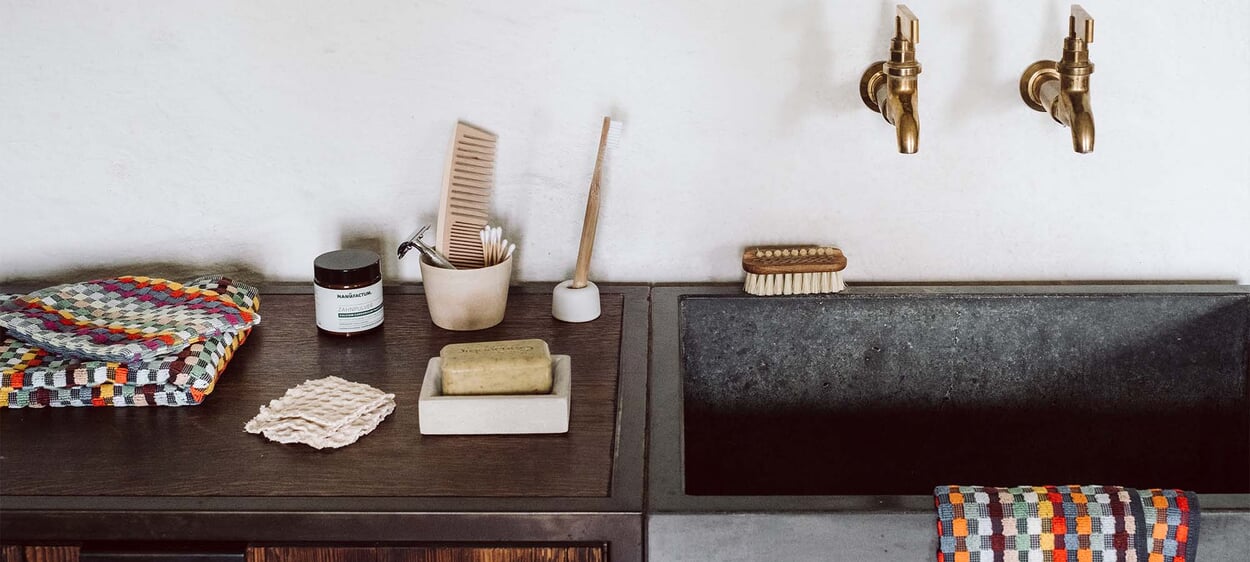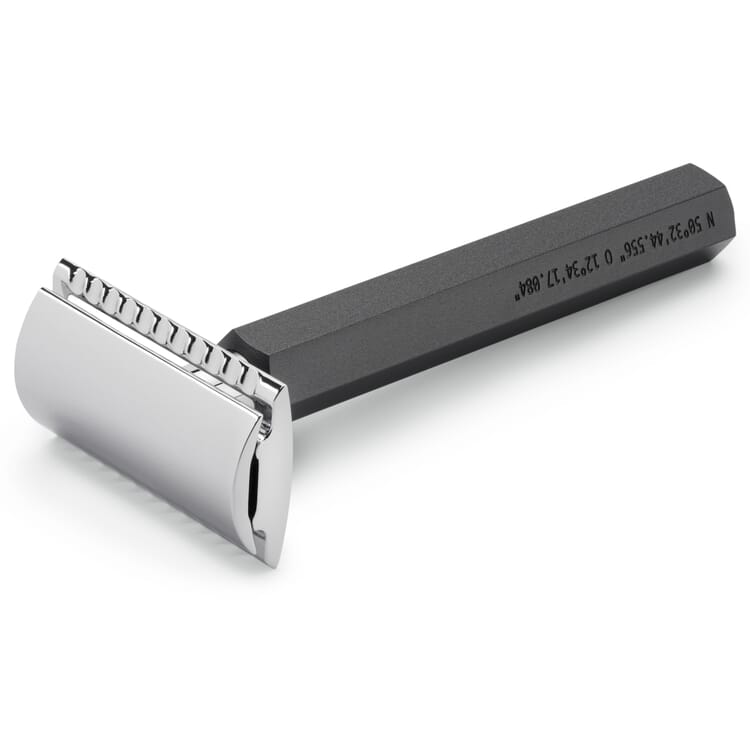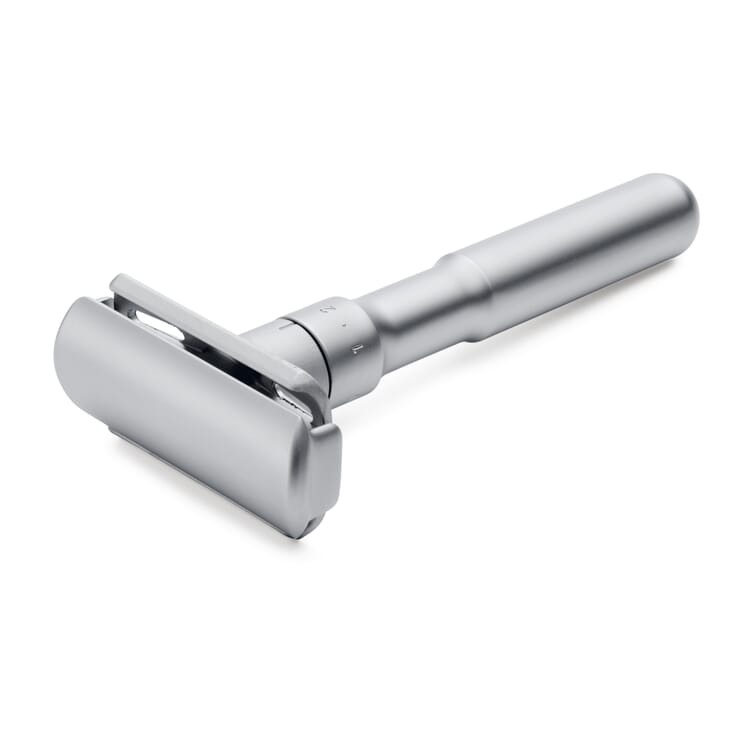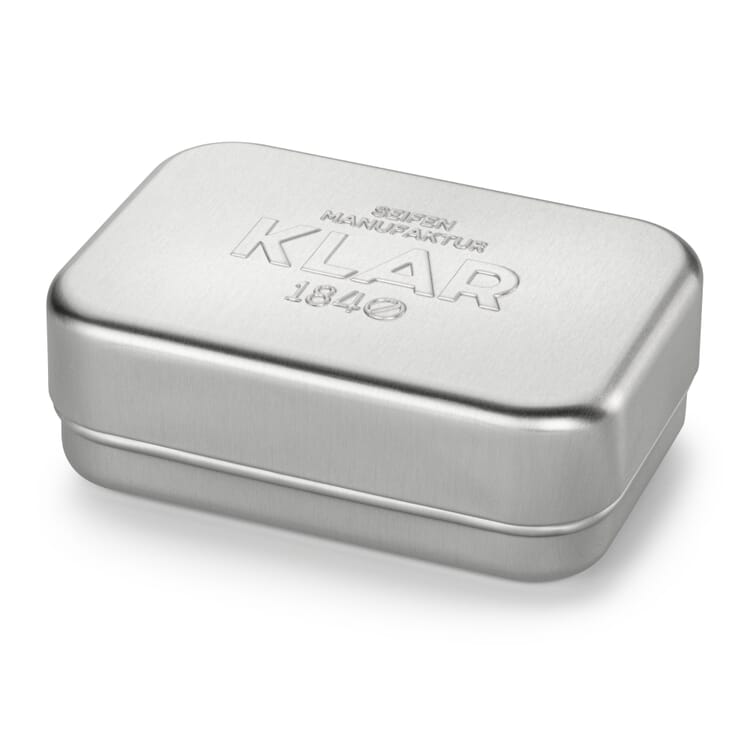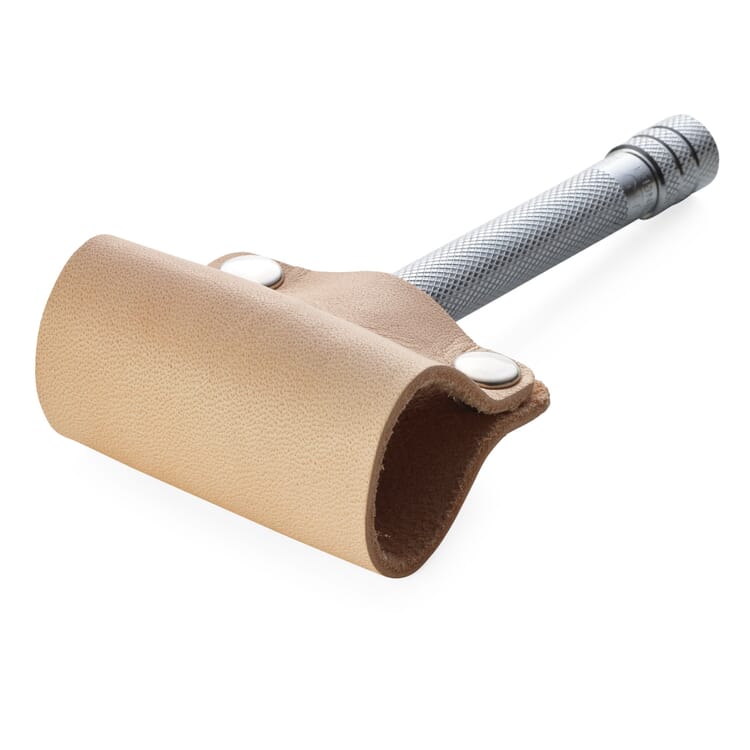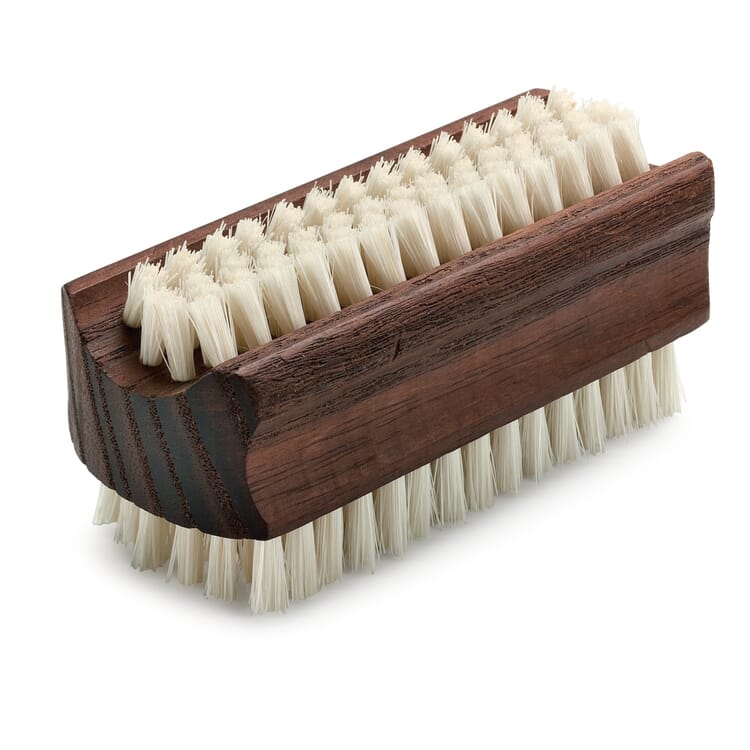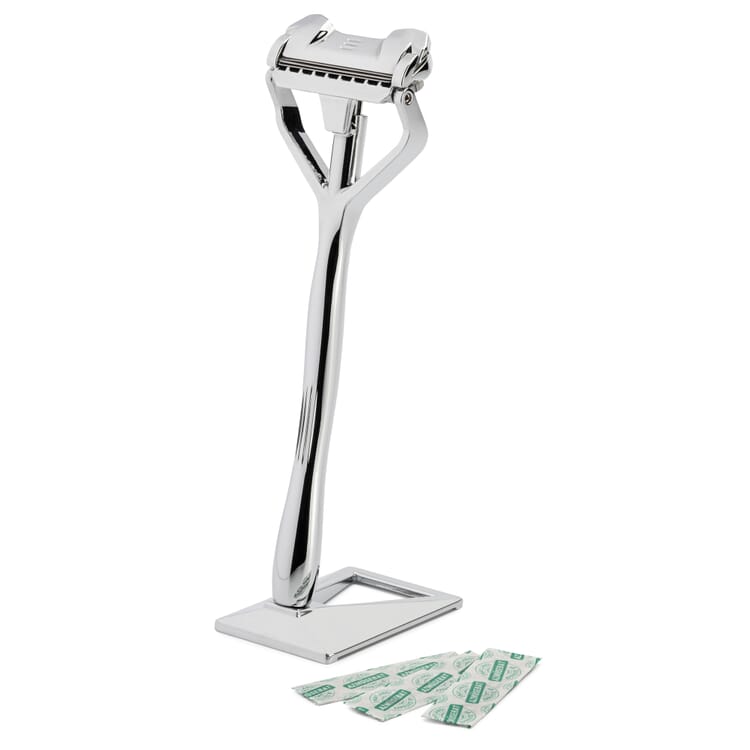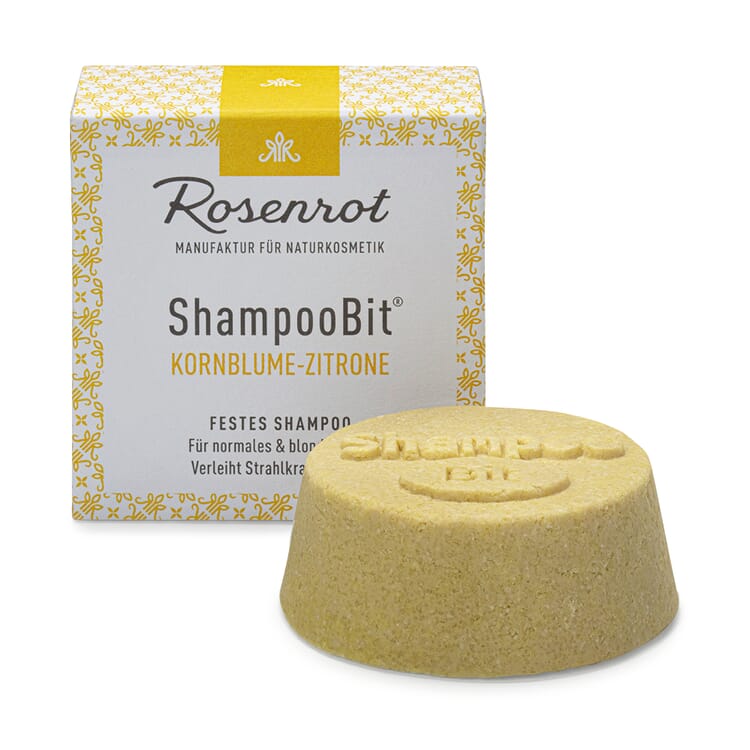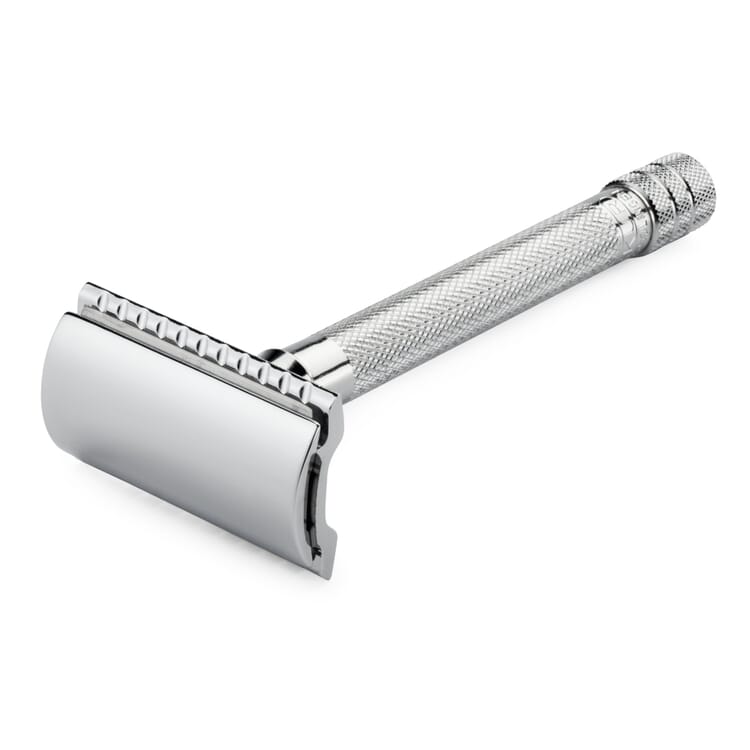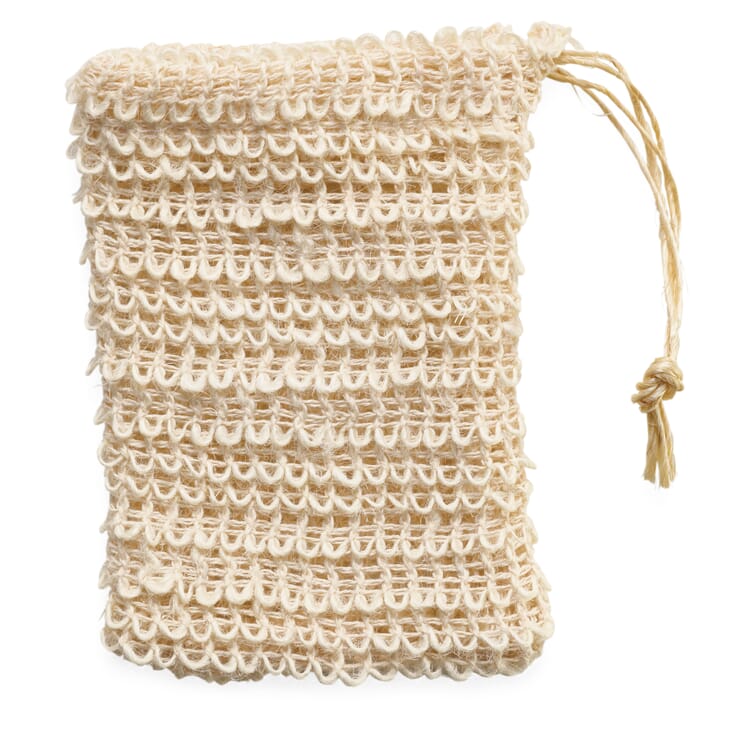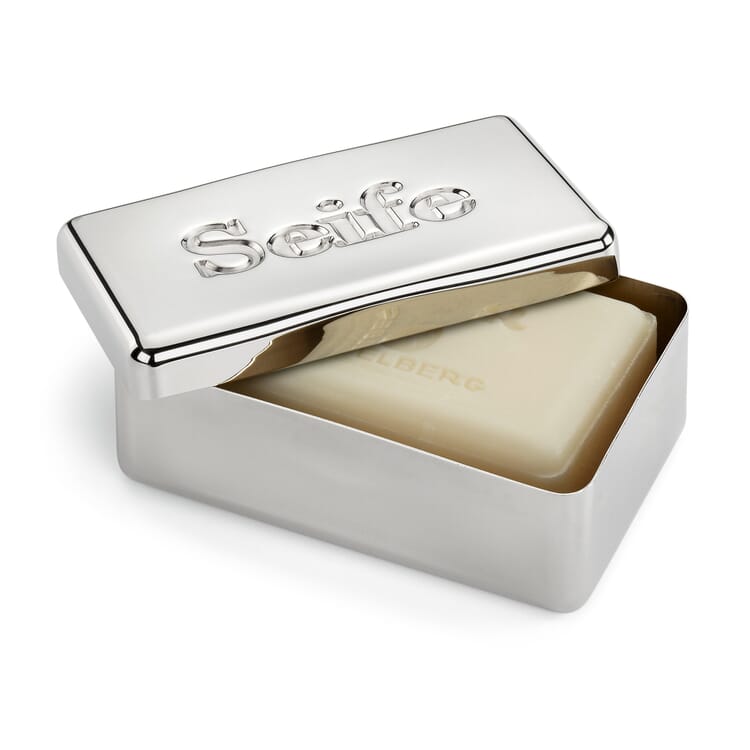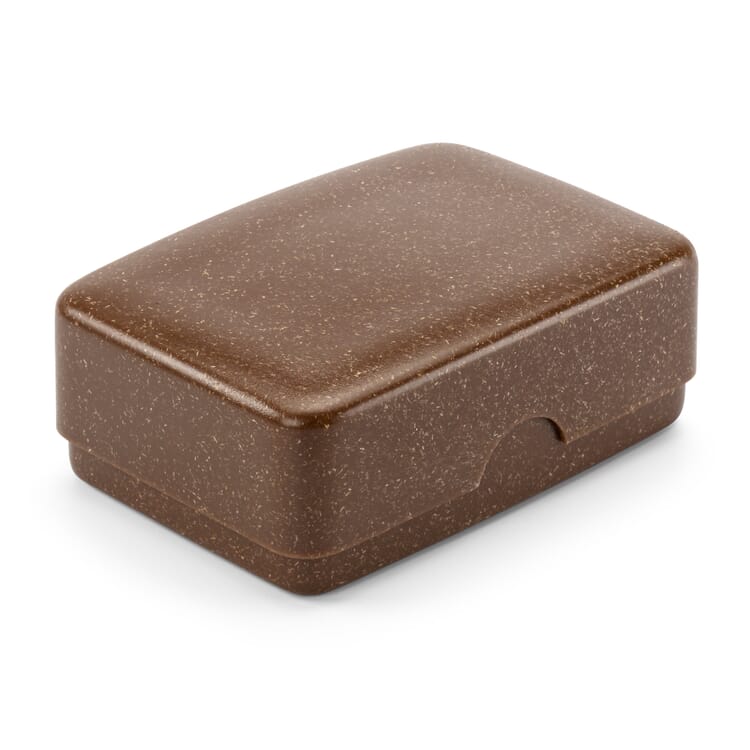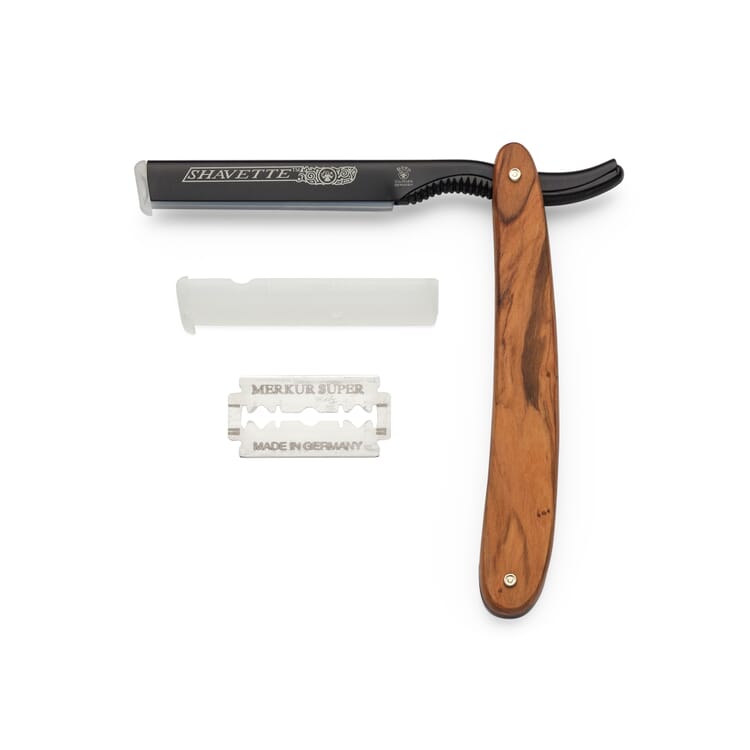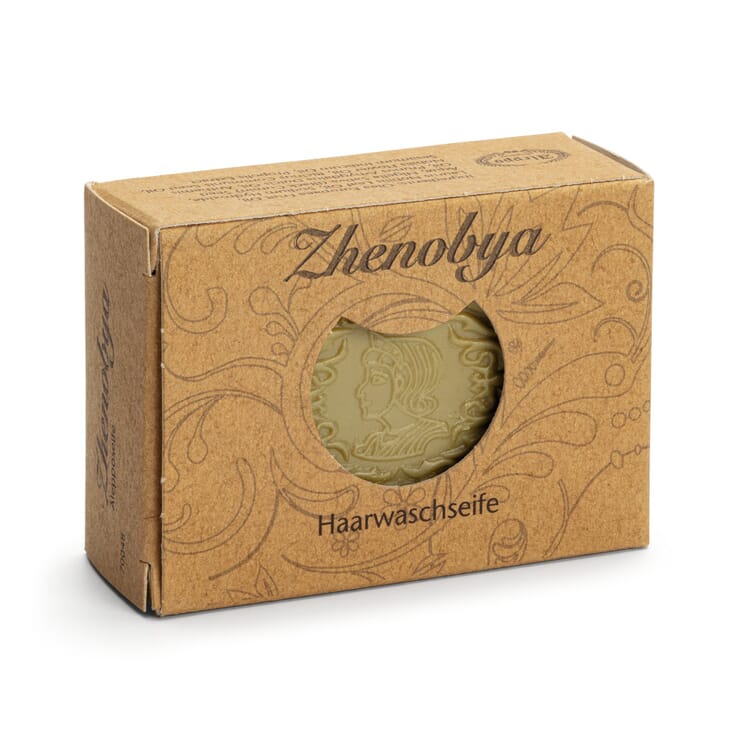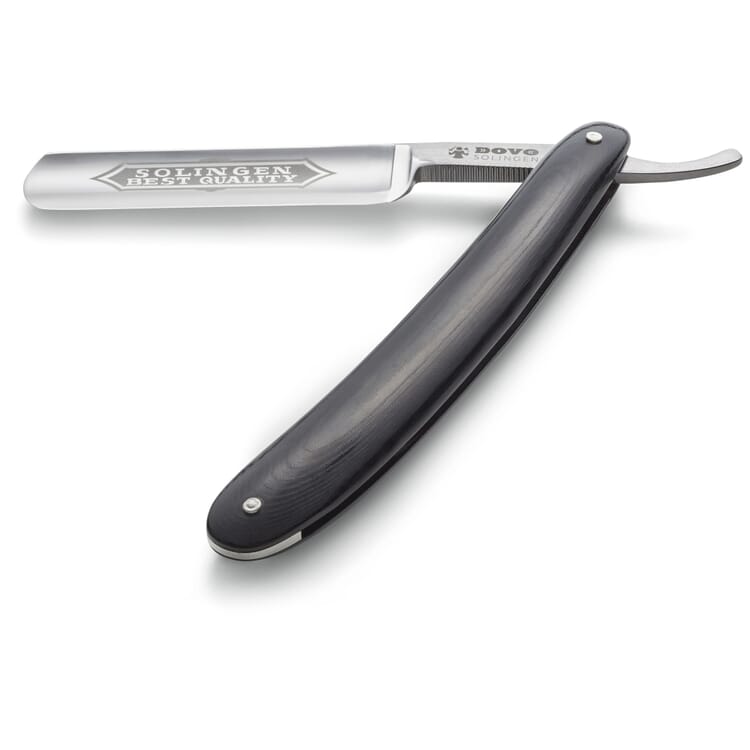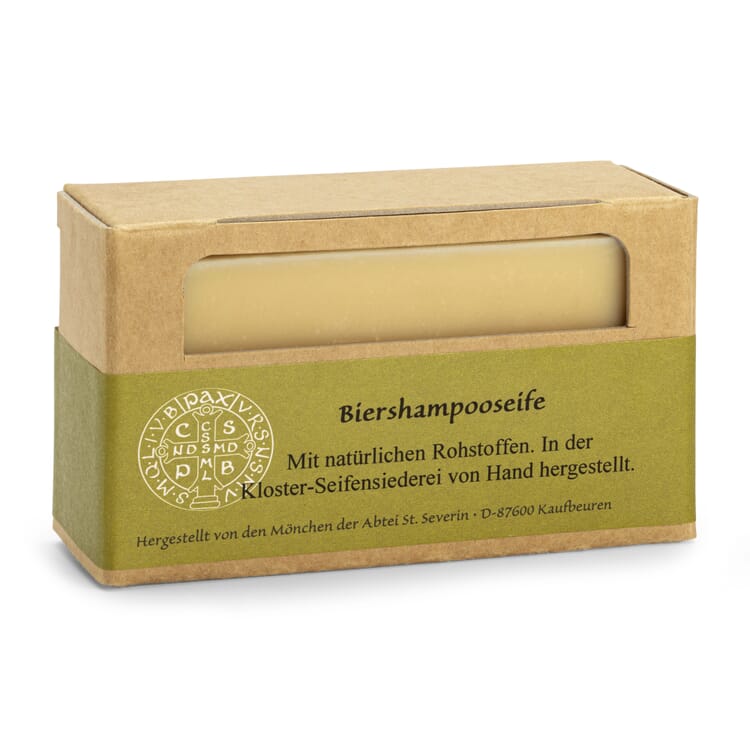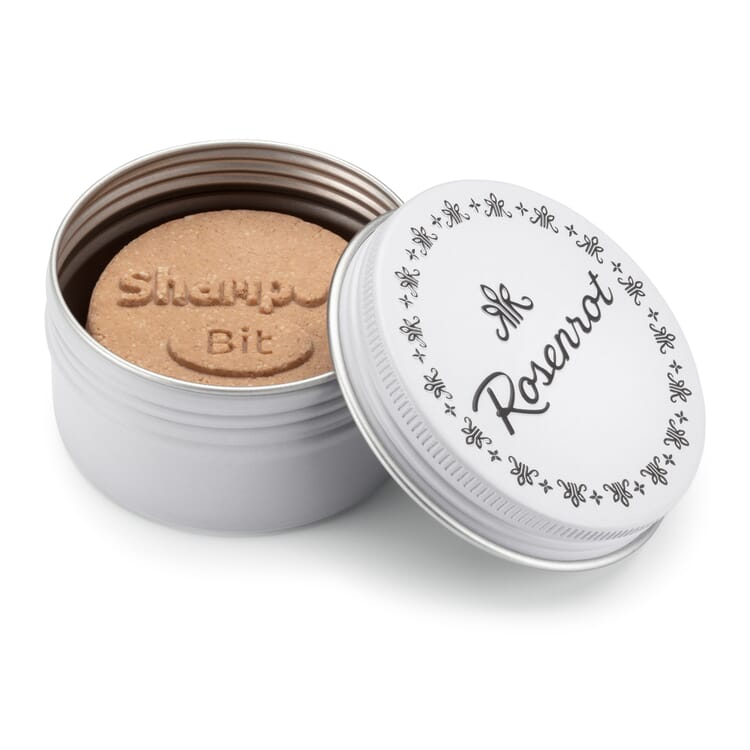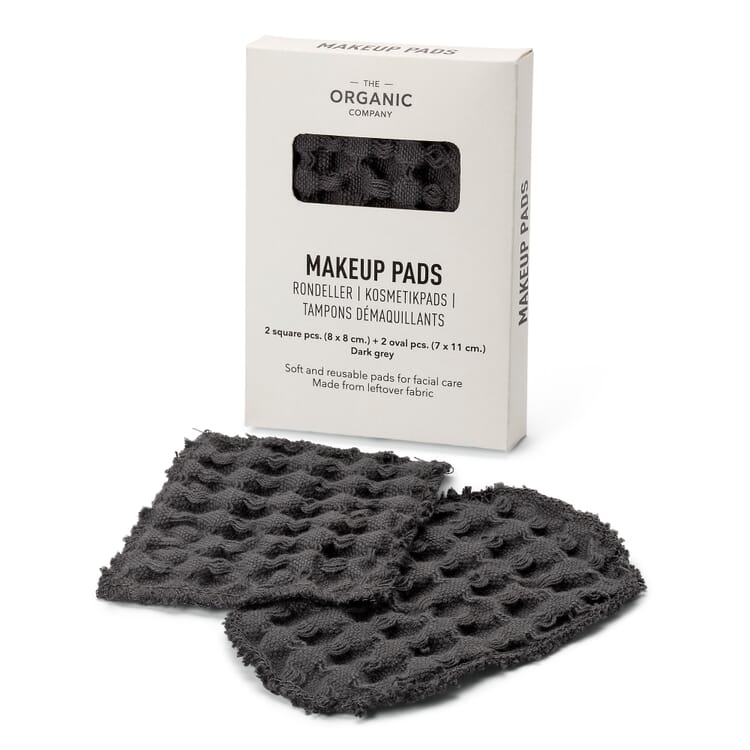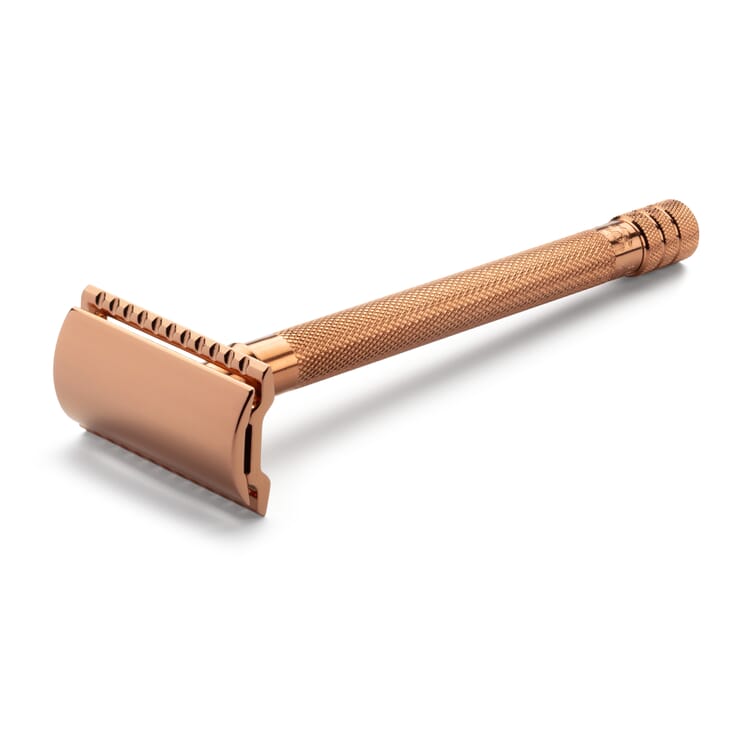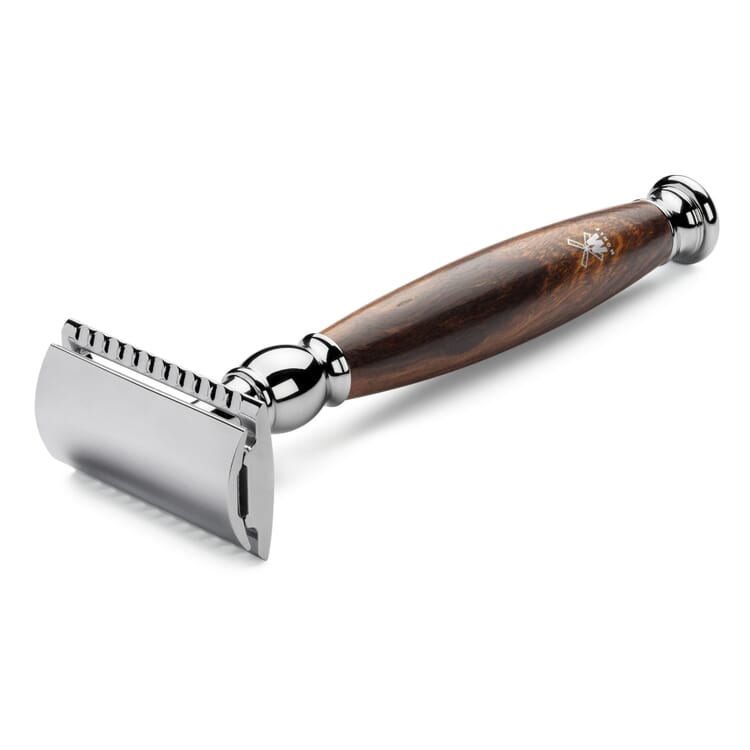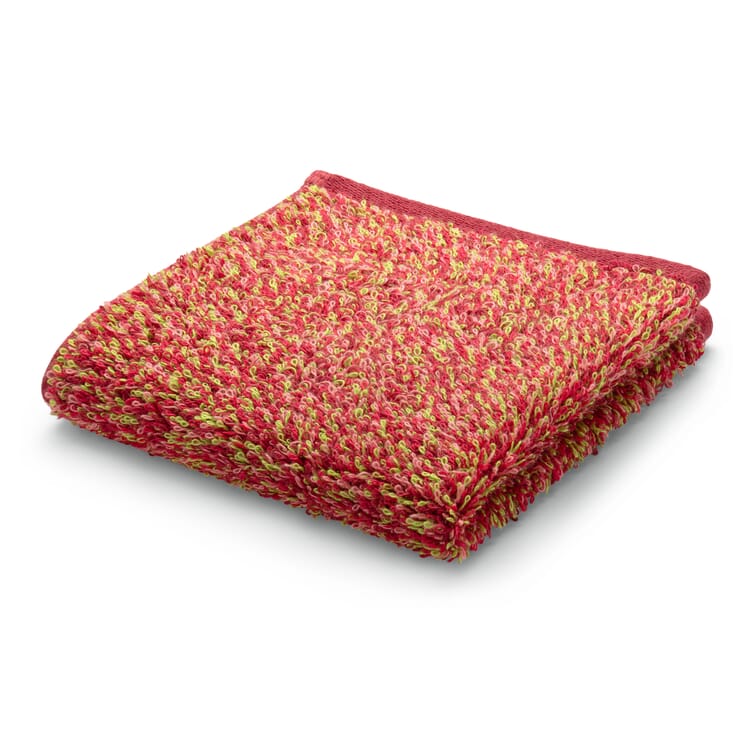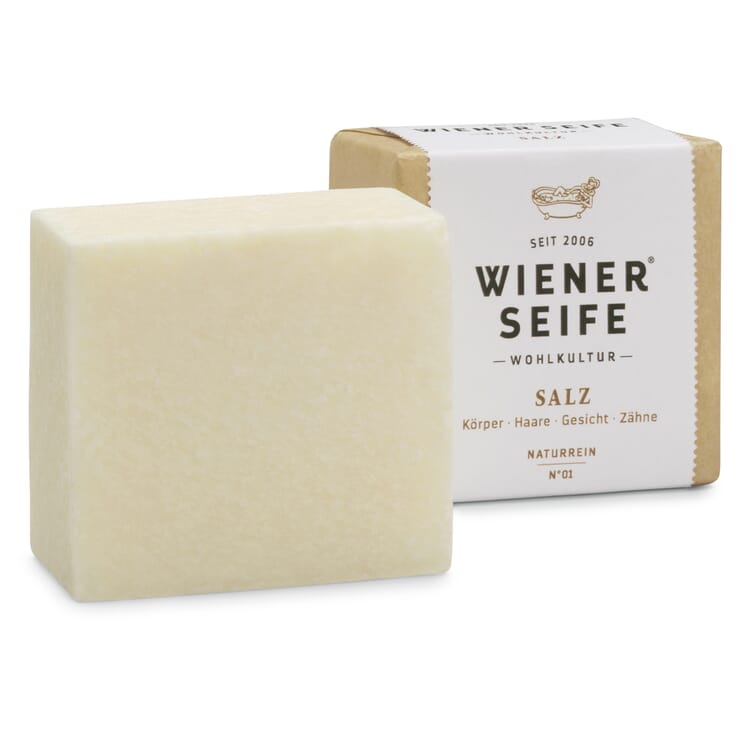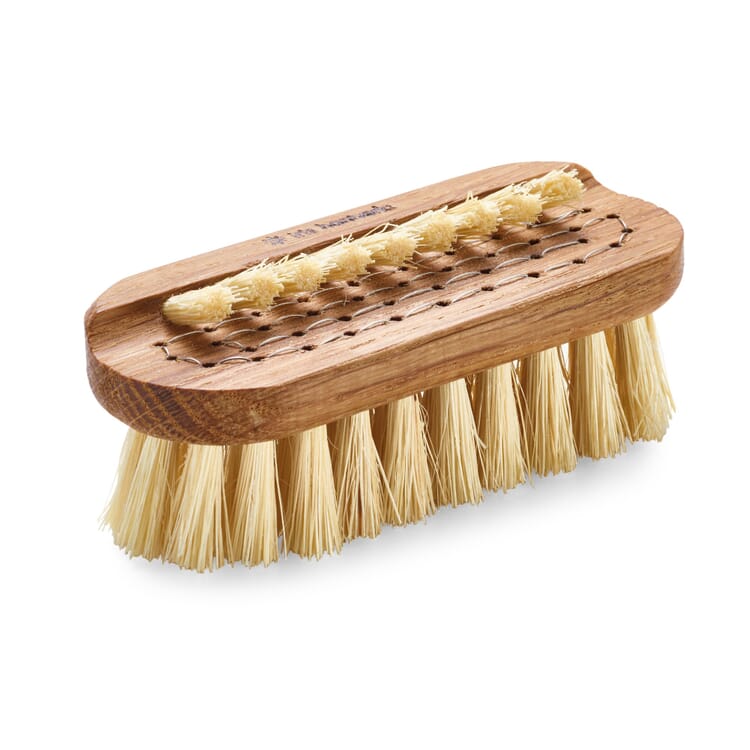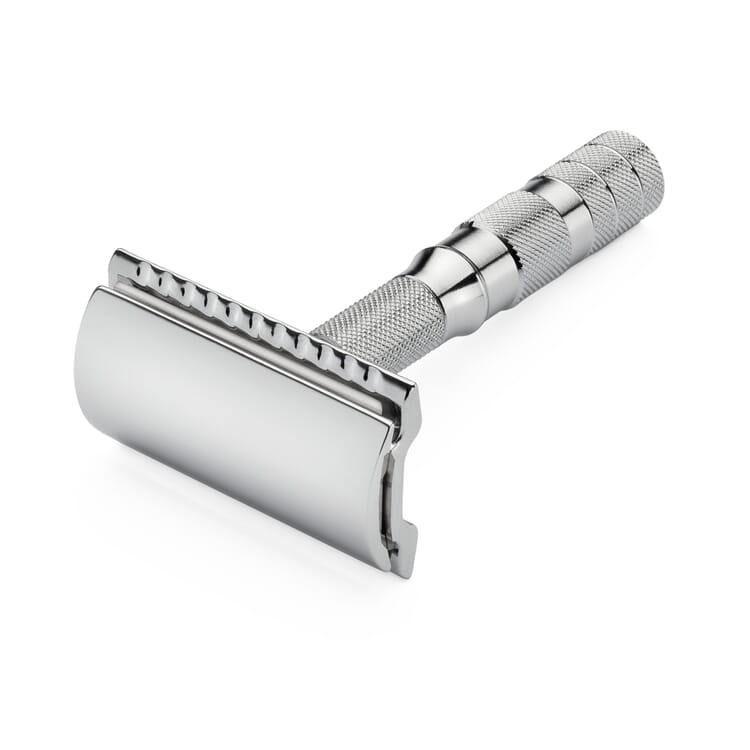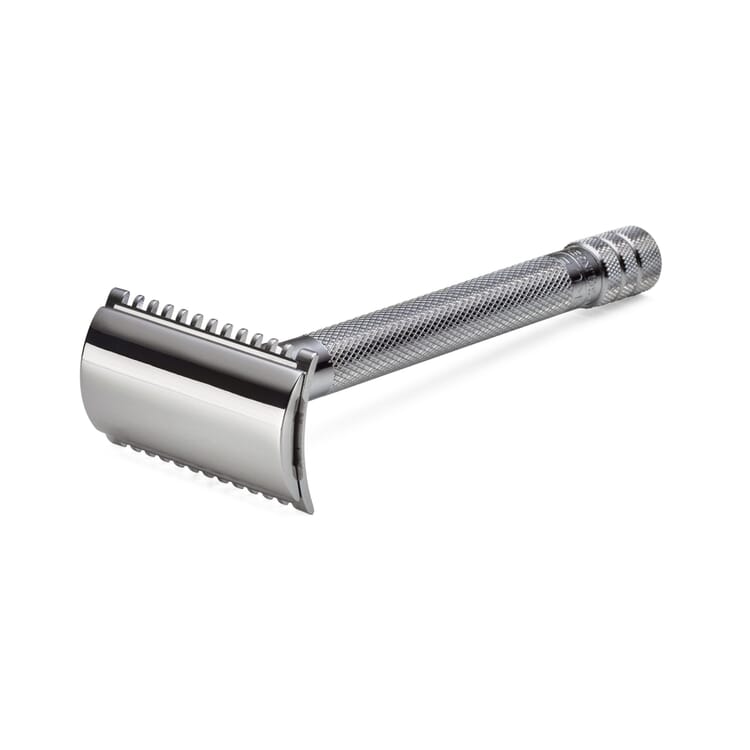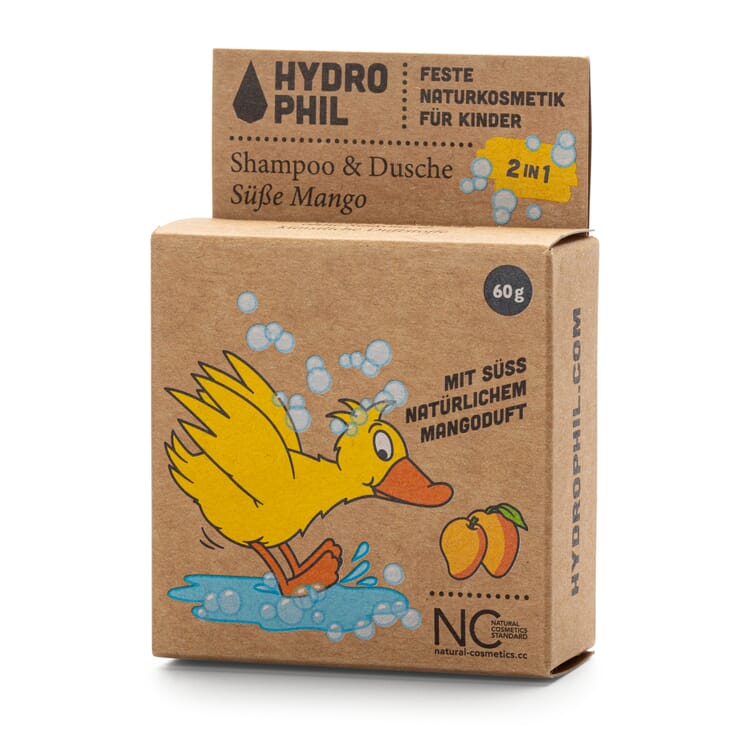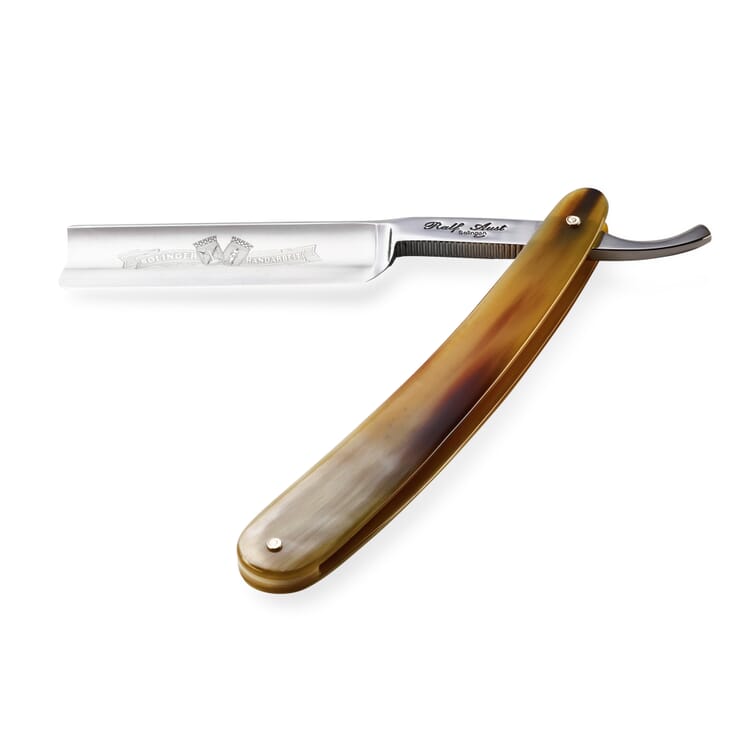Conscious consumption
Less plastic in the bathroom. You can do without
Plastic - the new deluge. Plastic surrounds us always and everywhere, in all areas of life. Packaging, toys, toothbrushes and vast quantities of disposable items are made of it - and that's just the visible plastic. Because it often hides invisibly in cosmetics and personal care products as microplastics or in liquid form as insoluble, swellable or as soluble synthetic polymers. Although these plastics initially enter wastewater treatment plants via wastewater, they are too small to be filtered out there. So they continue to make their way into the waterways, the environment and ultimately into the food chain. Microplastics are now everywhere: even in the deep sea, in remote mountain streams, on South Sea beaches and in Arctic ice - and in alarmingly high concentrations.
"Avoid plastic completely" is the motto
Recycling plastics does not fix the problem, as they continue to remain in the cycle. So the best way is to completely eliminate plastic wherever possible. Even if it seems like a drop in the bucket in light of the plastic carpets in the oceans or the plastic glut in many parts of the world, it's worth seizing every opportunity, no matter how small, because: "Many small people doing many small things in many small places can change the face of this world." In the bathroom, that's easier than you might first suspect.
The safety aspect is often cited as an argument in favor of plastic packaging instead of glass - for shower gel and shampoo, for example - so you will still find plastic packaging here. But let's focus our product search on alternatives, because there are now plenty of them: toothbrushes made of bamboo wood, cotton swabs made of cotton and bamboo, combs made of wood or horn. Hand and body brushes made of wood and natural fiber trimmings perform just as well, if not better, than the commercially available plastic ones - our craftsman's brush, for example, is the favorite of our employees with gardens and those who are currently renovating. There are also environmentally friendly alternatives for wet shaving: Wet razors with double-edged blades may be a little more expensive to buy, but in the long run they are much cheaper in terms of blade replacement and also sharper than swing-head razors. Soap instead of shower gel and shampoo in solid form do not require plastic packaging and are available in organic quality.

